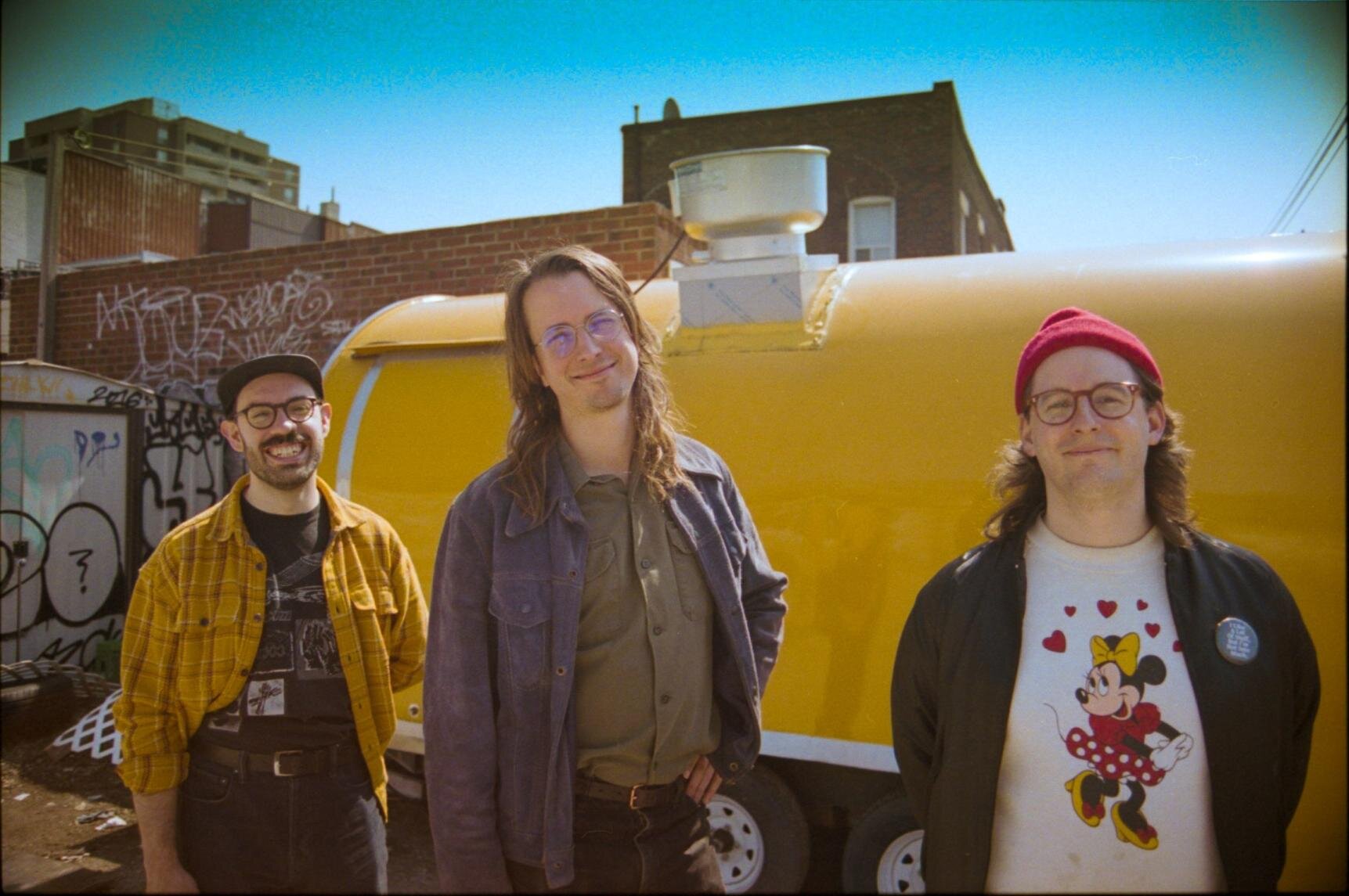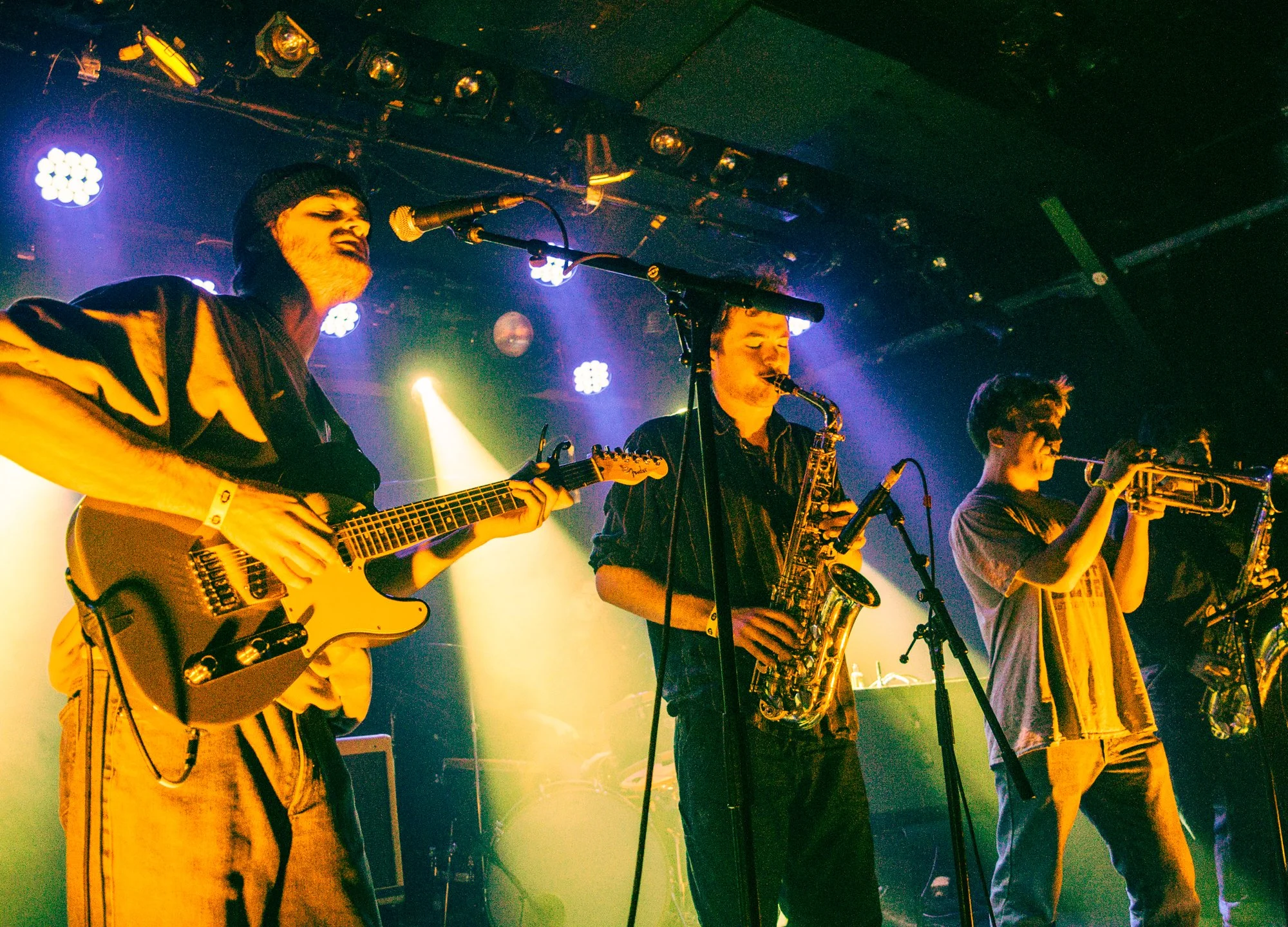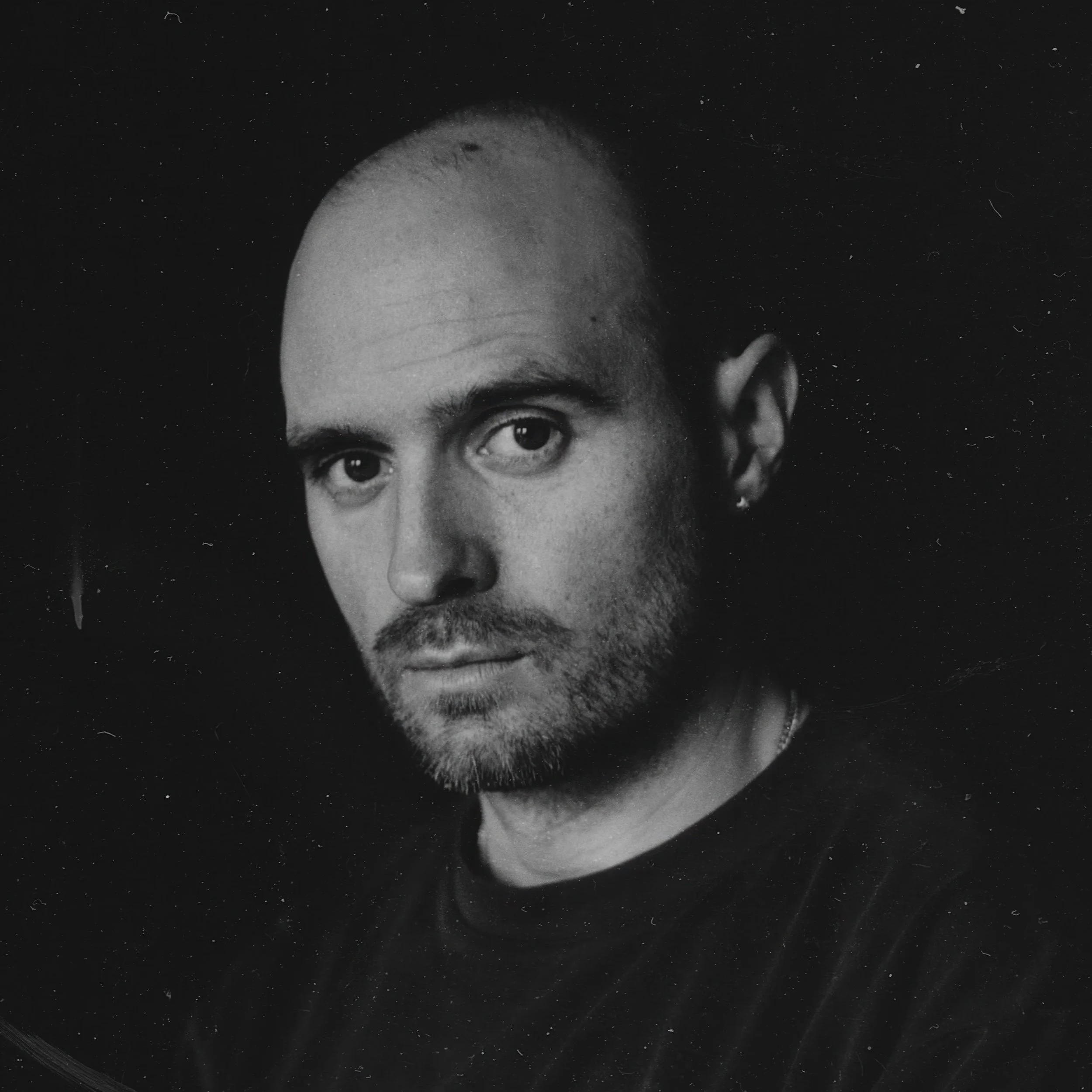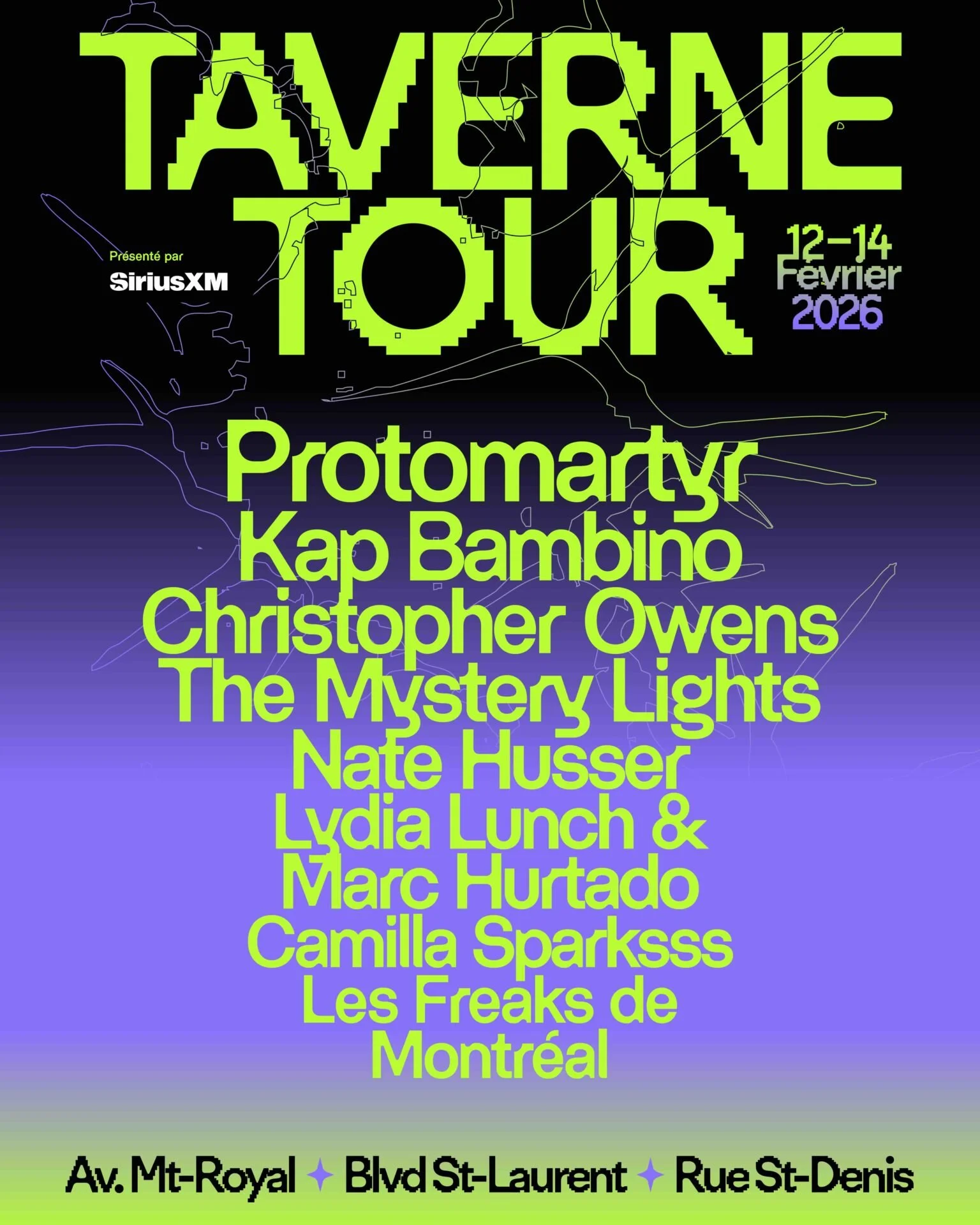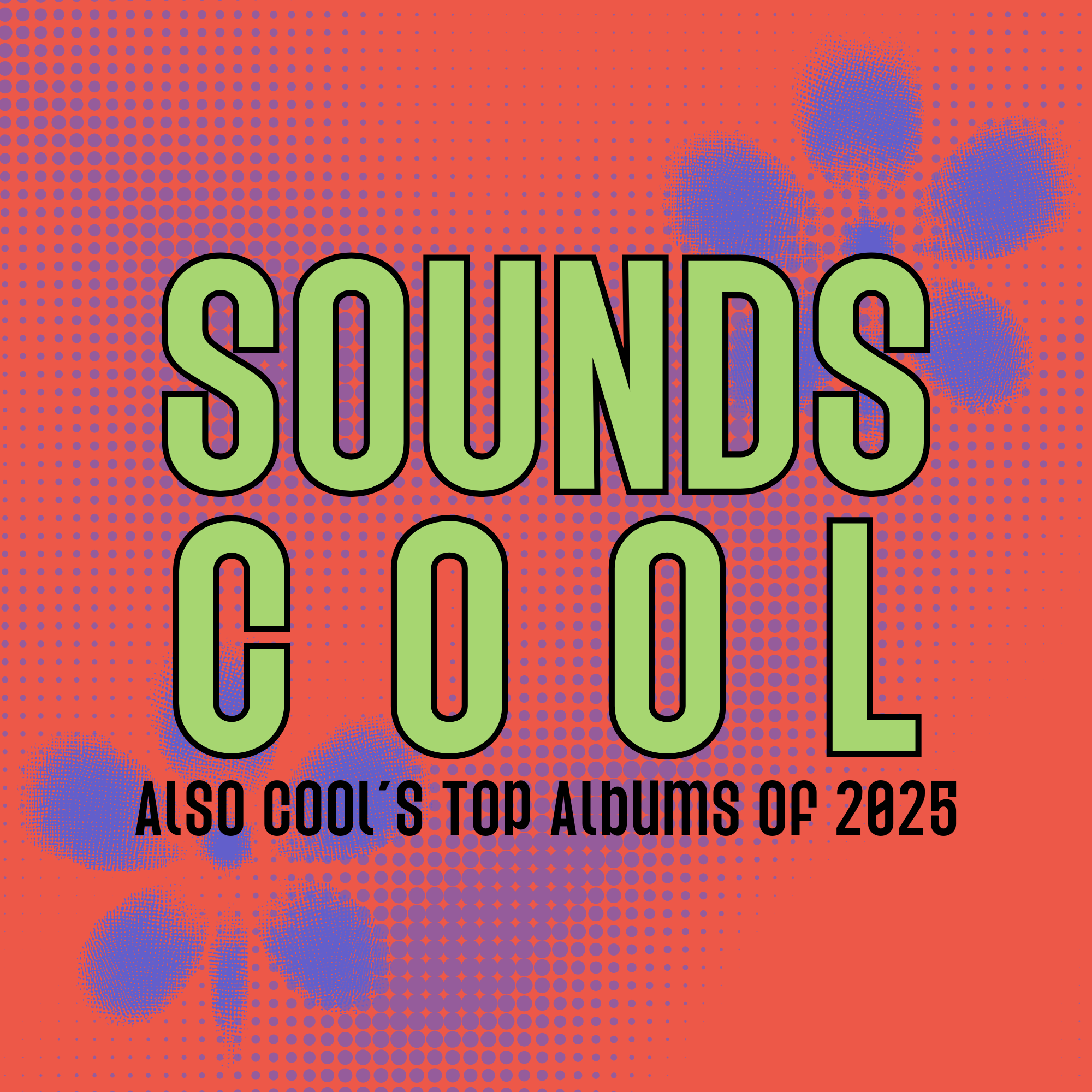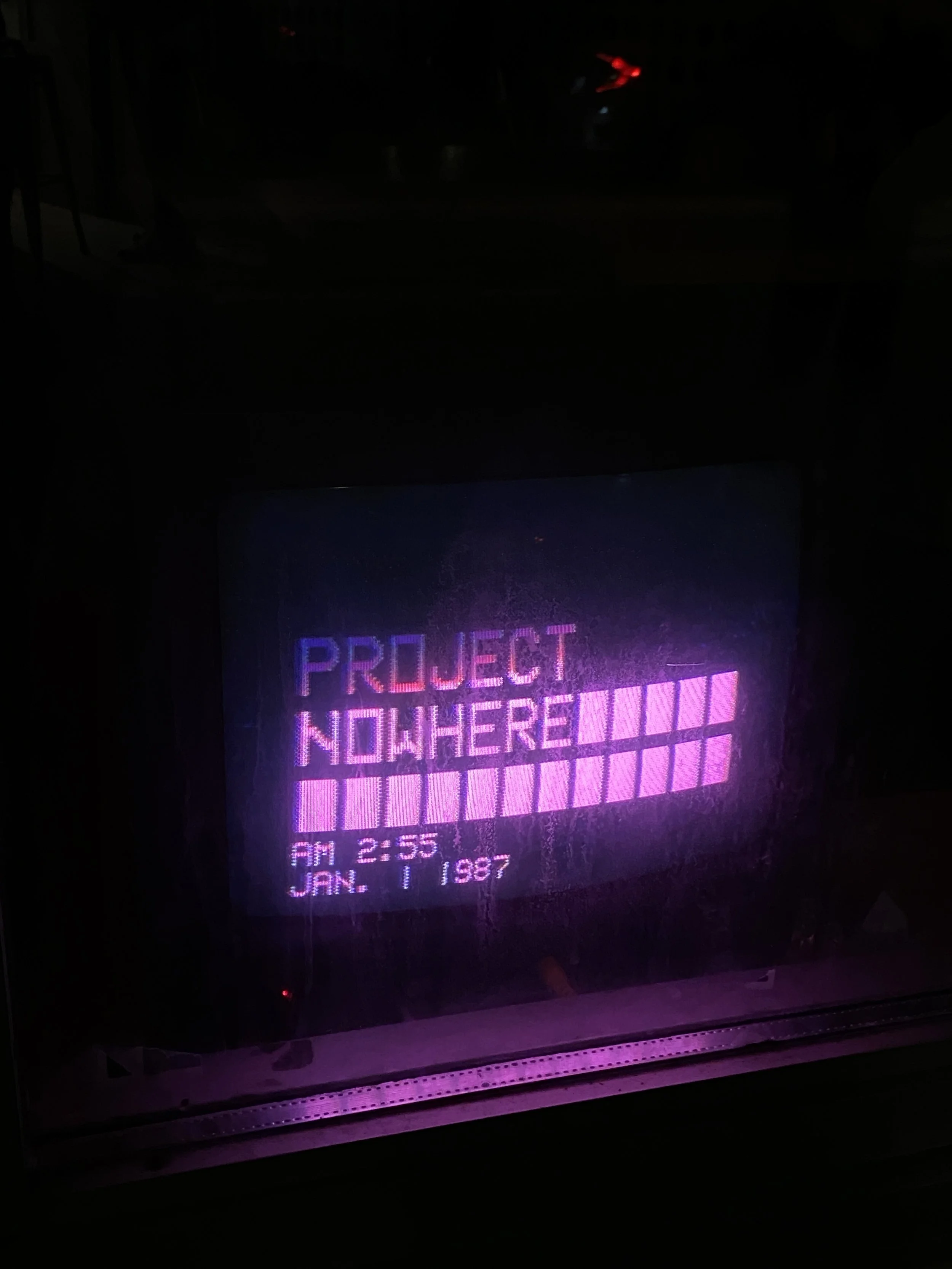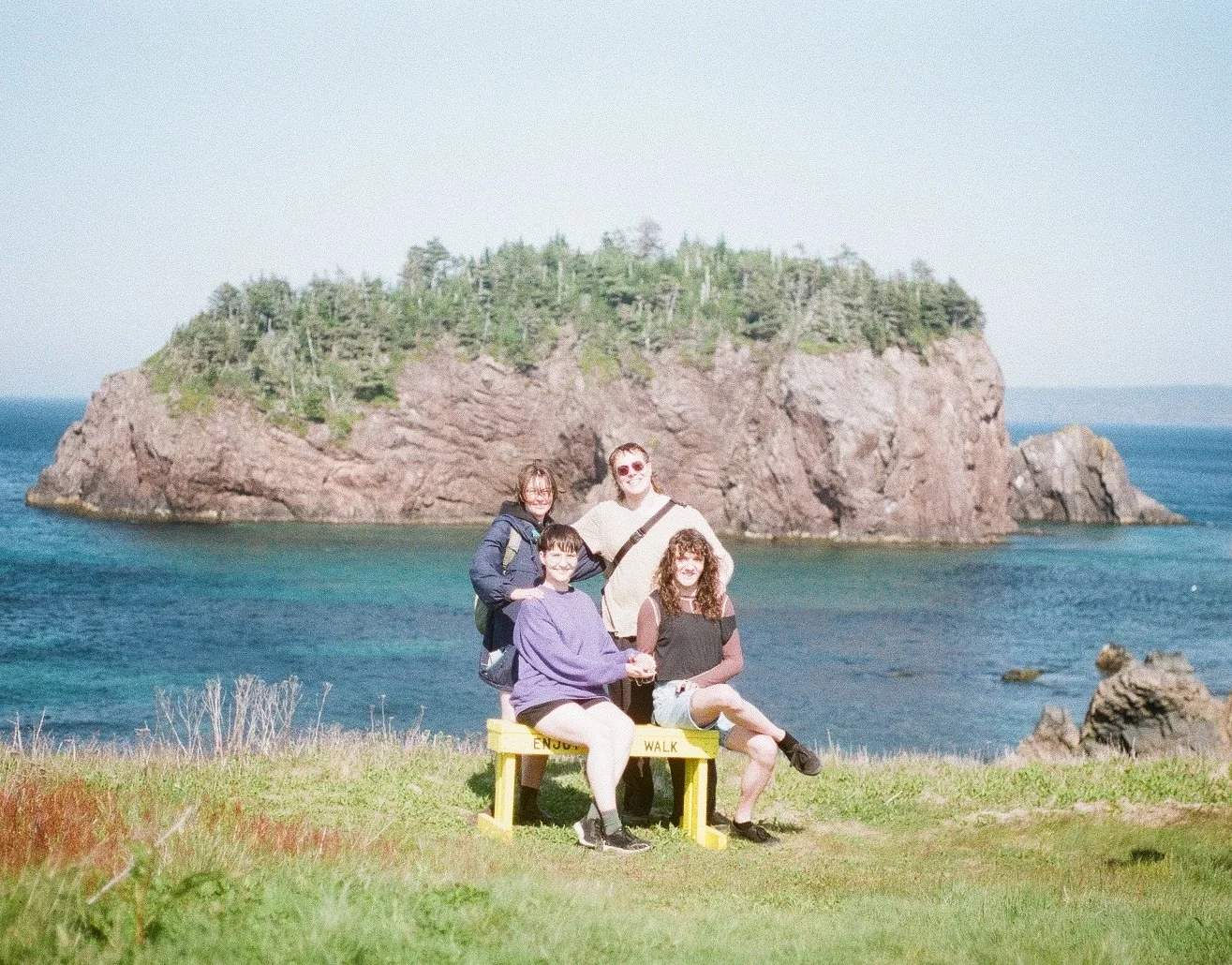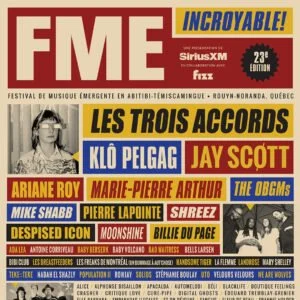"Surrounded" - Motorists' Jangle Punk LP Explores Isolation, Community & DIY Spirit (We Are Time/Bobo Integral/Debt Offensive)
Surrounded by Motorists album art
Standing at the back of the show, holding your beer close, you're wondering if anyone is going to talk to you or if you'll have the courage to talk to that cool person that keeps walking by. This is the oddly specific yet nostalgic feeling that emerges while listening to Motorists' debut LP "Surrounded."
Comparable to various eras of punk, jangle rock, and mid-2000s Canadian indie rock, Motorists express their struggles with isolation by pairing a post-punk vocal tone with optimistic and upbeat melodies. The trio Craig Fahner, Jesse Locke, and Matt Learoyd have played music together since their early days in the Calgary DIY scene. They've since gone on to work together on various projects, including Chandra Oppenheim's release of her 1980s album EP Transportation.
Throughout their many years playing, touring, and community-organizing together, Motorists have maintained their values and ability to be vulnerable with each other, and through their music. We spoke with the band about all this and more a few months back, leaving us feeling cautiously optimistic for the future of DIY Canadian music scenes.
Malaika Astorga for Also Cool: Tell us a bit about the band and who you are as people.
Jesse: My name is Jesse, but my DND name is Nox Arcana, inspired by a minimal wave artist who made DND-inspired music. Matt, Craig & I have been friends for a long time, have played in bands together almost ever since, and eventually formed Motorists.
Also Cool: I'm interested in hearing more about the scene you came up in and how you got into the scene.
Craig: Great question! It's particularly fitting because we've been really close friends for the past 15 years. We met each other through the DIY music scene in Calgary. I met Matt when I was 16 and Jesse shortly afterwards. For me finding the Calgary DIY music scene felt like salvation. I was living a pretty sheltered suburban existence and was really thirsty for people with shared values.
I think it's a testament to how valuable those kinds of communities are. We've been able to maintain friendships and keep those same values together moving forward, even when we've moved to different cities. We've tried to bring those inclusive anti-commercial values to the scene in Toronto, which is ostensibly not an anti-commercial music city. It's very much where people go to make money in music.
Jesse: The last show we played before the pandemic was in the basement of a comic book shop in Toronto, where we were carving out our own little DIY scene. It was all ages, PWYC, which was really similar to many shows I went to growing up in Calgary.
Matt: I also think there was sort of a heyday in the mid-2000s. Maybe from 2007-2011, during the Weird Canada era, there really felt like there was a camaraderie across Canada of various DIY scenes having the opportunity to connect. It might have just been coincidental with us being in our early 20s at that time, but there was definitely an affinity of the Calgary DIY scene with Ottawa, Victoria, and Halifax.
It's always felt like there's been a sharing of values and perspectives. Canada also has so few major cities, so when you did get on the road to tour, there was definitely a crew of this DIY community. Obviously, these things have shifted and changed over time. Some of these people are stars, some have dropped off, and others are keeping the spirit alive… But there's just something about keeping things DIY and grassroots and trying to resist the industry machine.
Jesse: We're now tentatively booking release shows, and a lot of those contacts are from the Weird Canada days. Those connections that we forged back then in 2009… Just the fact that Weird Canada had a map icon and you could search by place, it helped build a DIY touring circuit across Canada and connected me to all kinds of different communities.
Photo by Michelle Lemay
AC: In my own experience growing up in Ottawa, I would be so happy that any show at all was happening. Regardless of what show was on that night, everyone went because it was the only thing happening that night. Now, as I interview more bands, they all bring up this same sort of spirit of how making an effort in their own communities was what really brought them a long way.
That being said, it seems like friendships and community-oriented things are really important to you. What have you learned about friendship in your experience as a band and being friends with each other for such a long time?
Matt: What a nice question! I think being in a band is a special kind of intersection of relationship where you're buds, creative partners, sometimes roommates, and sometimes travel buddies. There's a lot of joy and intimacy due because you end up going through so much together. It's something you might not get from someone who you just see out on the weekends.
There was also nothing about our friendship where we were once friends and had to cross the threshold into bandmates. That was just sort of the cauldron that we were forged in, so there was nothing more natural than being in a band together. We had all been in bands before, and together it almost felt like muscle memory. Even the songs came together really fast. There's a song on the record that came together three months after we got together. Regardless of if we're in each other's bands, lives or even in the same city, there's always been a cumulative effect of quickly being able to get on the same page creatively.
Craig: We got to know each other by playing music together, which for me personally, shaped what it means to be in this sort of ideal friendship. And like Matt said, it's one where you have to depend on each other, be accountable, and work through problems together.
You have this really rich constant negotiation and intimacy, which I think set a foundation for me personally of how powerful a friendship could be. It's more than just having a good time and chatting; it's creating a really rich and meaningful dialogue while being able to rely on each other. When we recorded this record, we were the only people we saw other than the people we live with. This record is sort of a product of that intimacy.
Jesse: I never would want to be like the Pixies, where everyone has their own tour bus. I think we all challenge and hold each other accountable. We raise each other to a height that we know that we can all achieve.
AC: The album carries a theme of reconnecting with people. What has that process been like for you? It feels like an awkwardness that we're all going through together.
Craig: One observation I've made is that COVID has forced us to acknowledge that we all have different boundaries and comfort levels. When re-entering the social world, I think it's a really good thing to approach it with this awareness of others and be considerate of what they need and what they're comfortable with. This is also why we haven't rushed into playing shows again; we're just waiting for what feels like is the right time to do so.
Matt: Well, it's difficult for sure; a lot has changed as we start to reconnect again. A lot of the venues are gone, the musicians who work in the service industry are struggling, and those who used to tour all the time now have to look for alternative sources of income. We have less time for leisure activities and less time for practicing music. In the most optimistic version of the future, DIY will become a necessity because there just won't be that many places to play.
In Toronto, we have Rehearsal Factory, where 90% of bands rehearse, but they're all being sold, which is probably 1000 rehearsal spaces gone. We got really lucky because Craig has a basement we can use, but almost everyone I know uses these spaces to rehearse.
The barrier for entry is definitely a lot higher. I think the landscape is going to change in general. Still, I hope that it makes it so that when shows do happen, people will think of them as really valuable and won't just treat them like a party opportunity. Instead, it will make them more inclined to build community.
Motorists
Malaika Astorga is the co-founder of Also Cool. She is a Mexican-Canadian visual artist, writer, and social media strategist currently based in Montreal.


